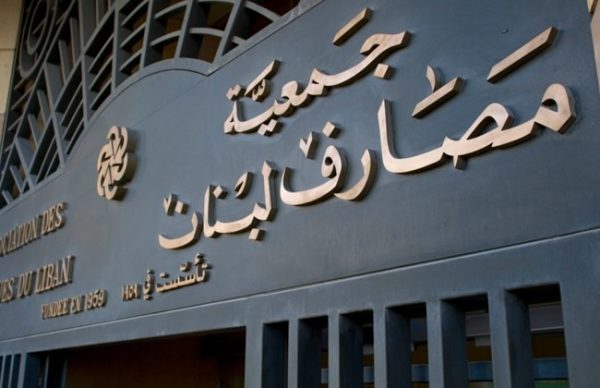 The Association of Banks in Lebanon said on Monday that a bomb attack outside Blom Bank’s Beirut headquarters had targeted the entire banking sector and was aimed at destabilising the Lebanese economy.
The Association of Banks in Lebanon said on Monday that a bomb attack outside Blom Bank’s Beirut headquarters had targeted the entire banking sector and was aimed at destabilising the Lebanese economy.
The association convened an emergency meeting on Monday following the bombing on Sunday that damaged Blom Bank’s offices but caused no fatalities.
Blom Bank is one of the Lebanese banks that has closed bank accounts held by people suspected of ties to the powerful Lebanese Shi’ite group Hezbollah in line with new U.S. financial regulations targeting its finances. The law has triggered a standoff between Hezbollah and the central bank.
The association said Lebanese banks operate according to the rules of international markets.
There has been no claim of responsibility for the bombing, and Hezbollah has not commented on it.
Blom Bank meanwhile said in a statement on Monday it “represented all sections of Lebanese society and its sects” in terms of its account holders, shareholders and employees.
The Lebanese central bank has said it must comply with the U.S. Hezbollah International Financing Prevention Act (HIFPA) passed in December, otherwise the Lebanese banking sector will be shut out of the international financial system.
Hezbollah’s parliamentary bloc issued a statement last week reiterating its criticism of the central bank’s position, saying the U.S. law infringed Lebanon’s national sovereignty.
Bombing preceded by threats from Tehran
The explosion was preceded by a series of “threat” messages the most recent was a report published by the Iranian Fars News Agency, al-Mustaqbal newspaper reported on Monday.
The message included warnings attributed to an official figure who is associated with Hezbollah against the banking sector in Lebanon, the Iranian agency said .
The Iranian News Agency’s report was published only two hours prior to the explosion and it included a clear threat that Hezbollah is ready to put into implementation a plan similar to the “May 7 ” incidents in 2008, that brought the country to the brink of a new civil war.
On May 5, 2008, the government decided to remove Beirut airport security chief Brig. Gen. Wafiq Shouceir( over the airport surveillance cameras and his alleged links to Hezbollah ) and labeled illegal and unconstitutional a private telecommunications network set up by Hezbollah on Lebanese territory. The decision sparked a coup by Hezbollah on May 7 ,2008 which led to its occupation of west Beirut and its failed attempt to occupy the Druze stronghold of Mt Lebanon. Dozens were killed during the coup attempt
The airport cameras were reportedly behind the information that led to the murder of some of the anti-Syrian Lebanese leaders, immediately after their return from overseas.
Al Mustaqbal daily added “it is clear that there is a close link between the message intended from the bank blast and the mounting tension between Hezbollah and the banking sector after the U.S. announcements of sanctions against the party.”
But sources of Lebanon’s Central Bank told the newspaper that “the message will not work because the banking sector has no option but to implement the U.S. and International laws.”
Saad Azhari, the head of BLOM bank, said no one should jump to conclusion as to who was behind the attack.
“We are interested in being a serious bank that serves the interests of all (Lebanese). We don’t take measures to harm any one particular group,” he told reporters at the scene of Sunday’s blast in the Verdun area.
The US has labeled Hezbollah a global terrorist group since 1995, accusing it of a long list of attacks including the bombing of the U.S. Embassy and Marine barracks in Lebanon in 1983.
Daily Mail/YL

Leave a Reply
You must be logged in to post a comment.